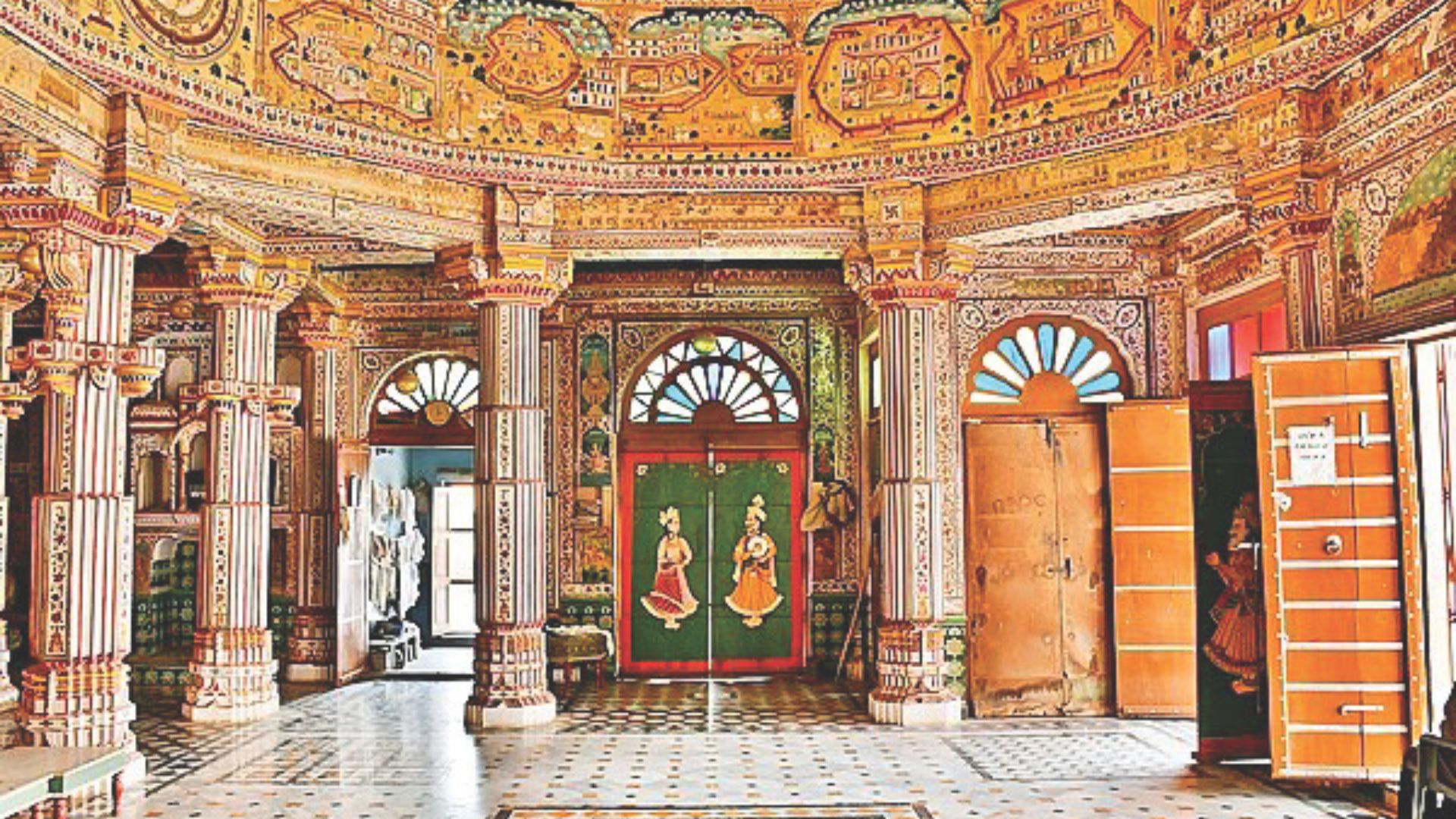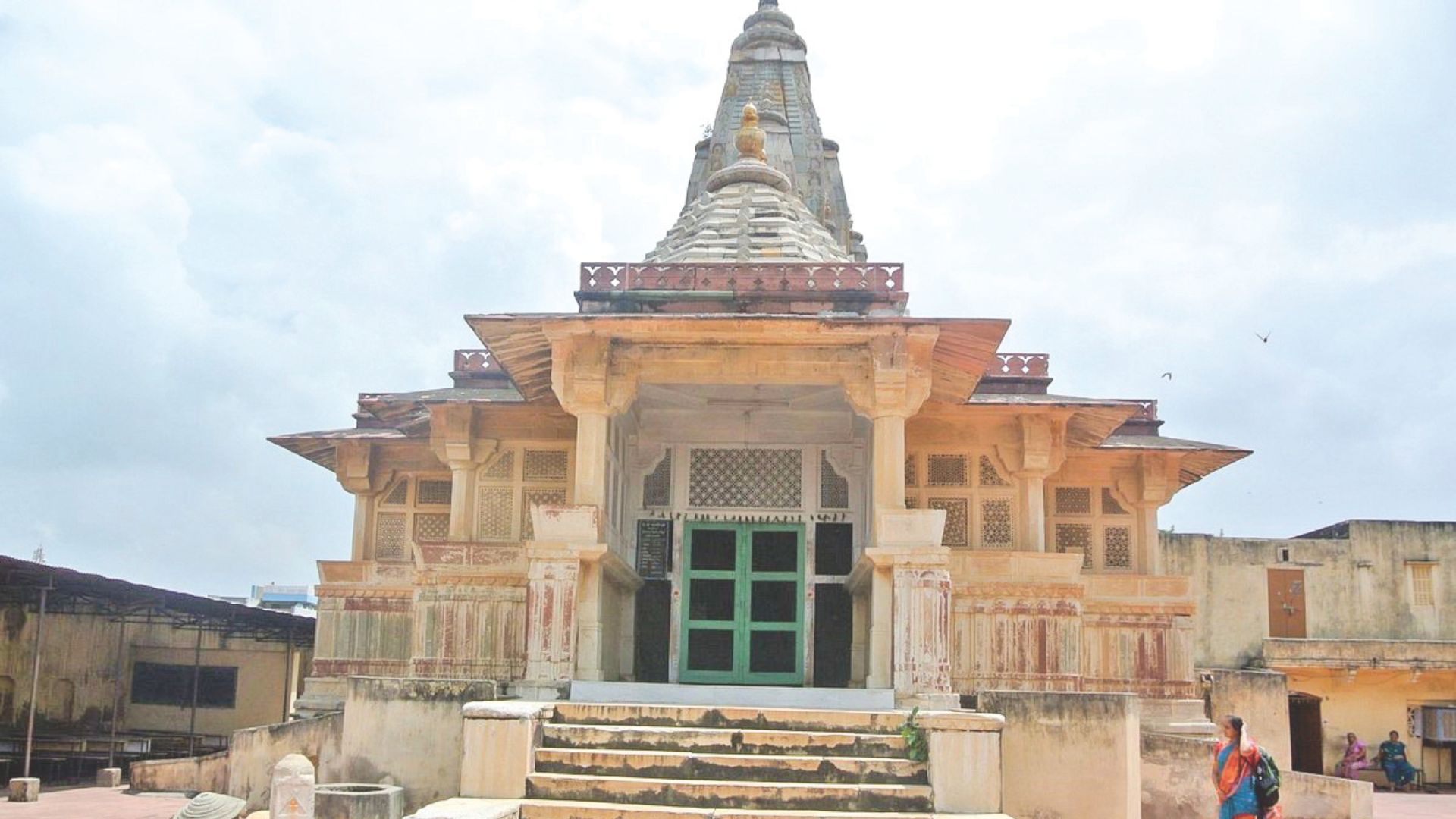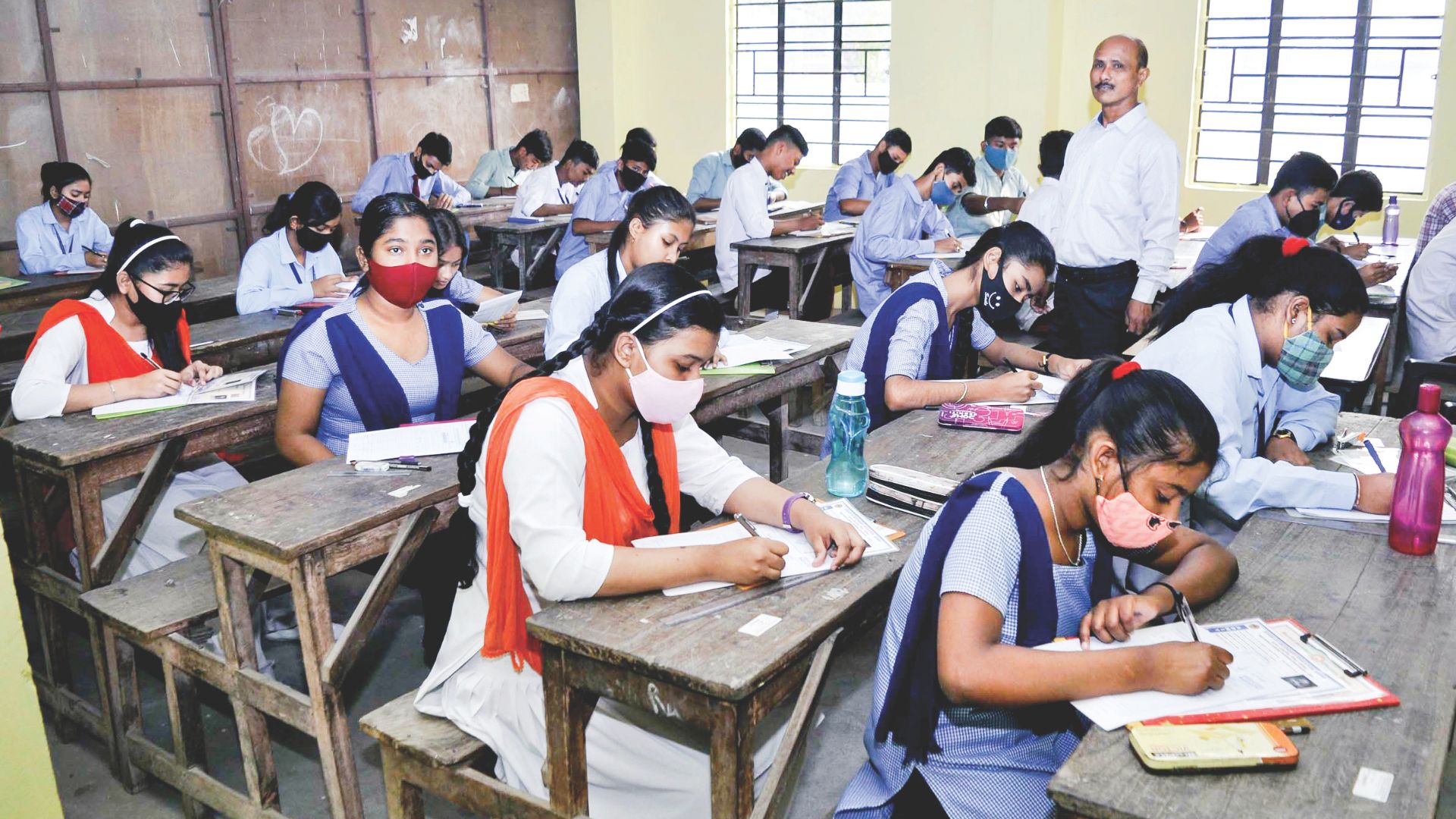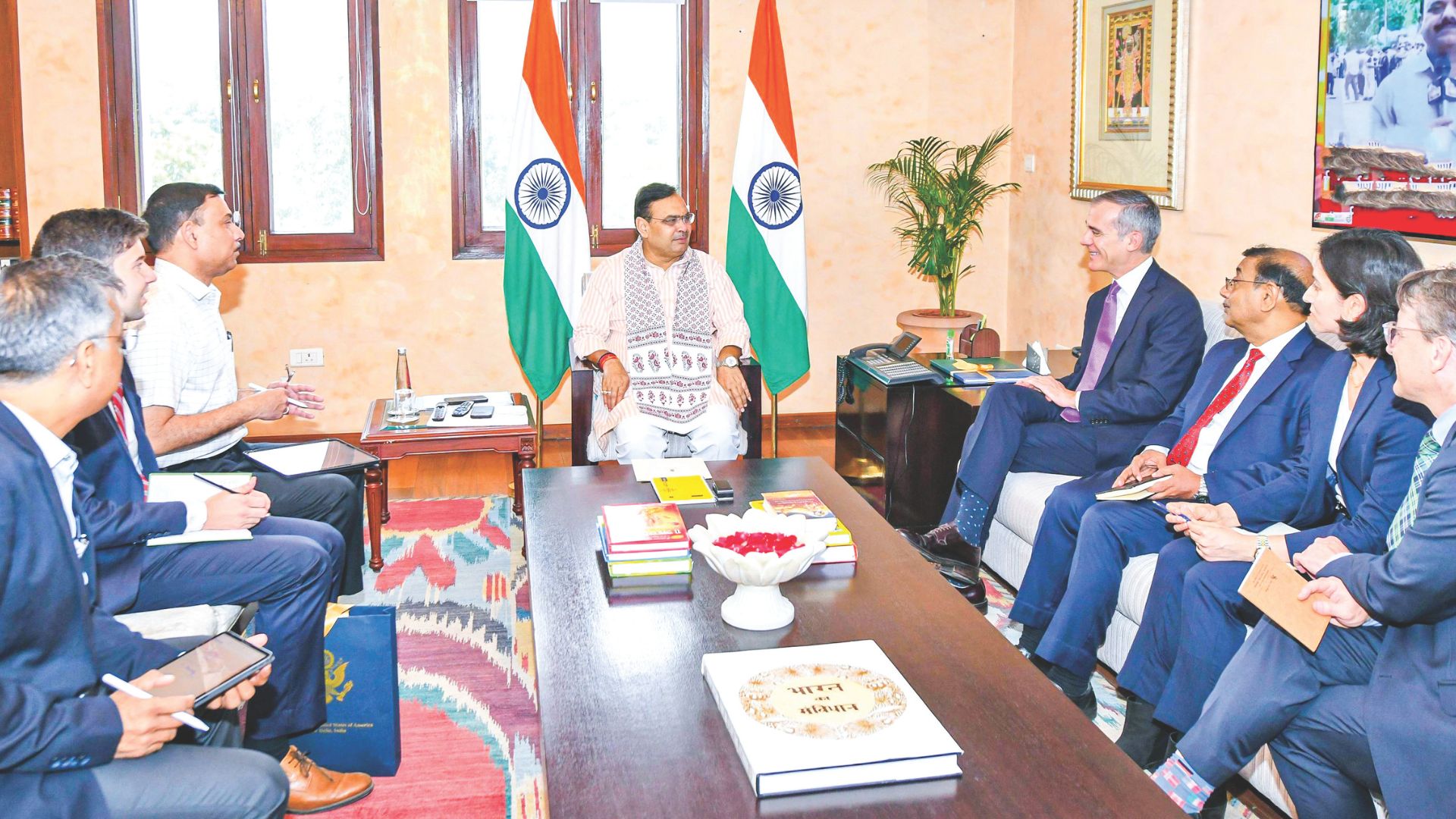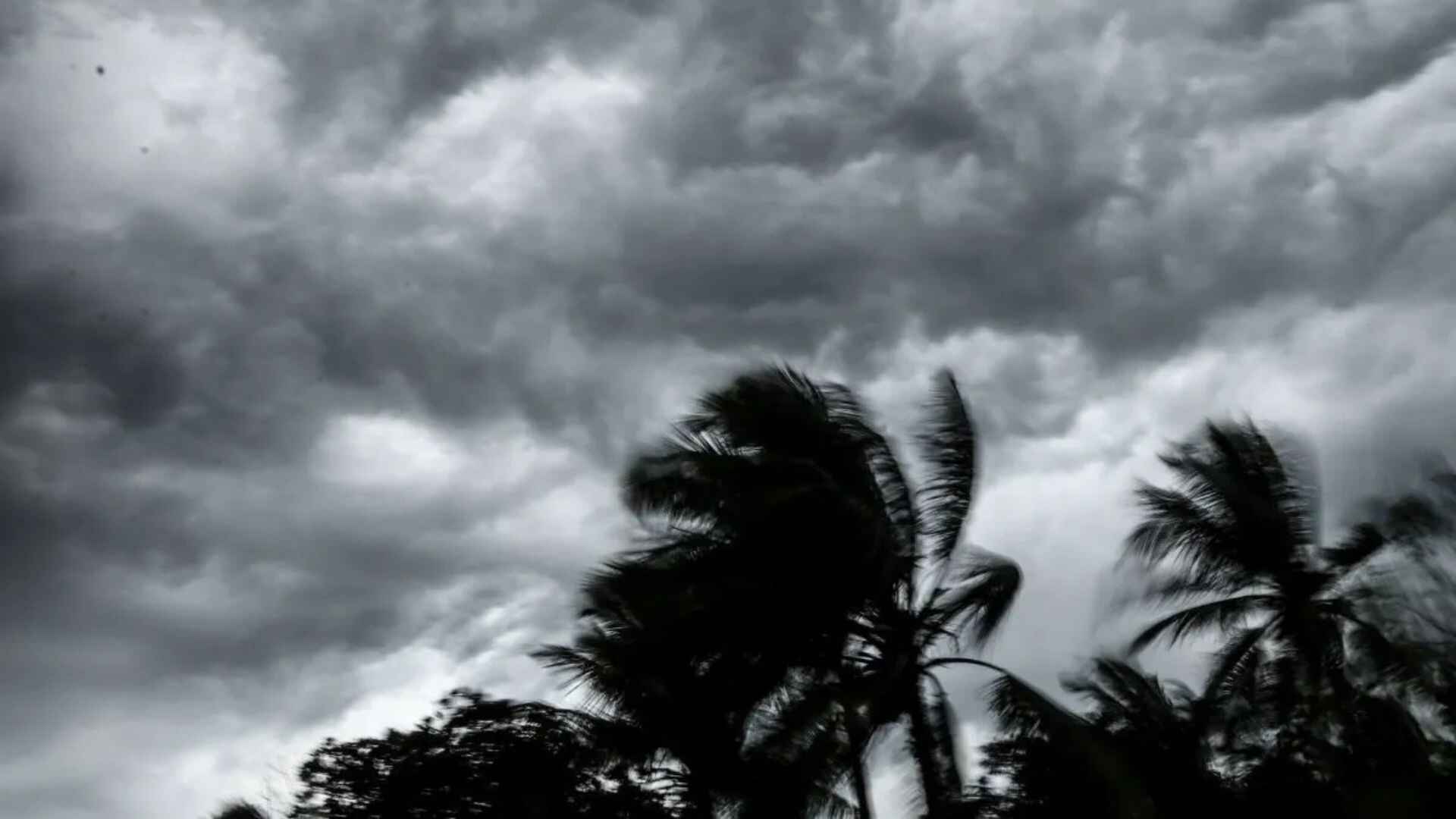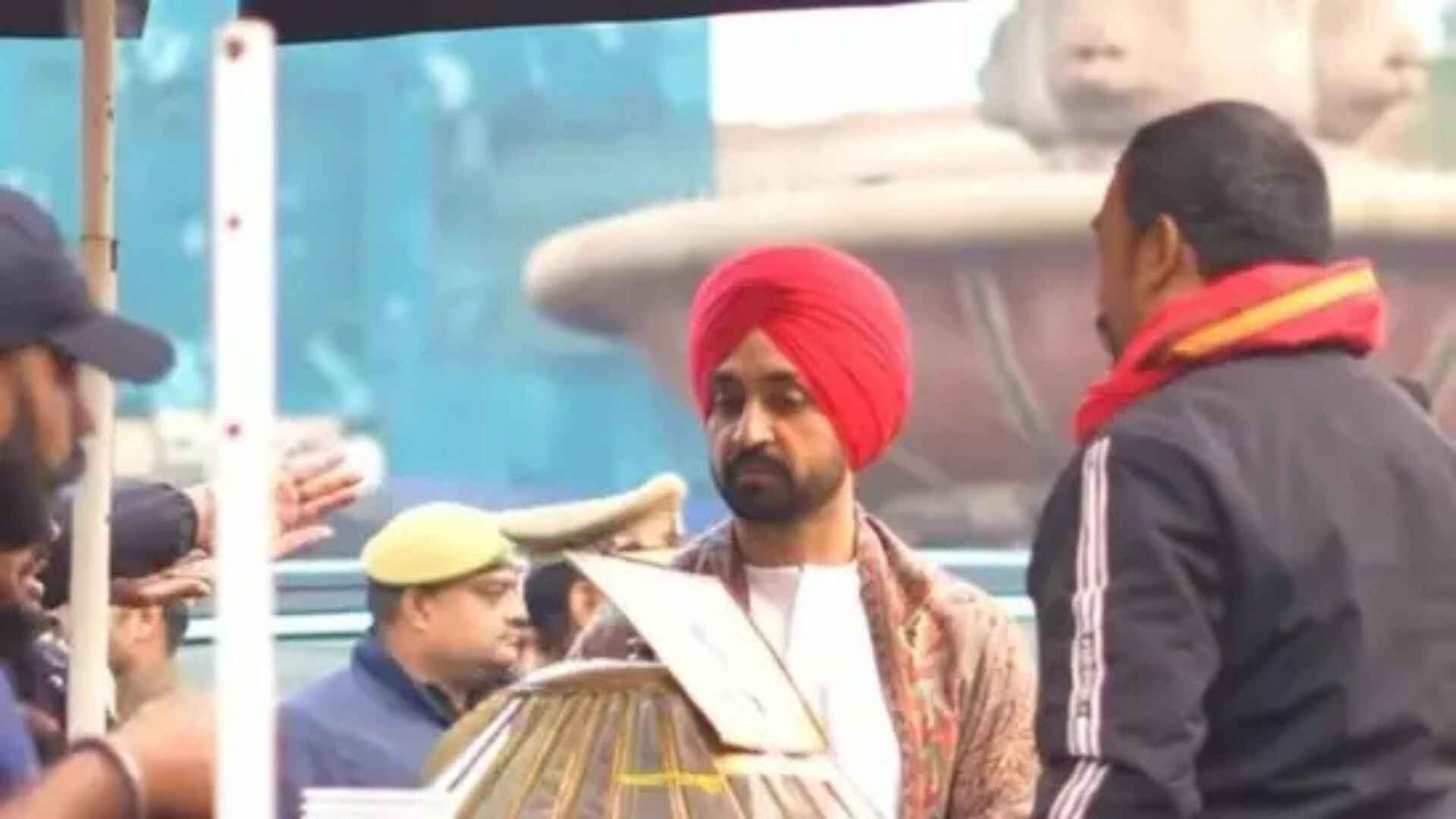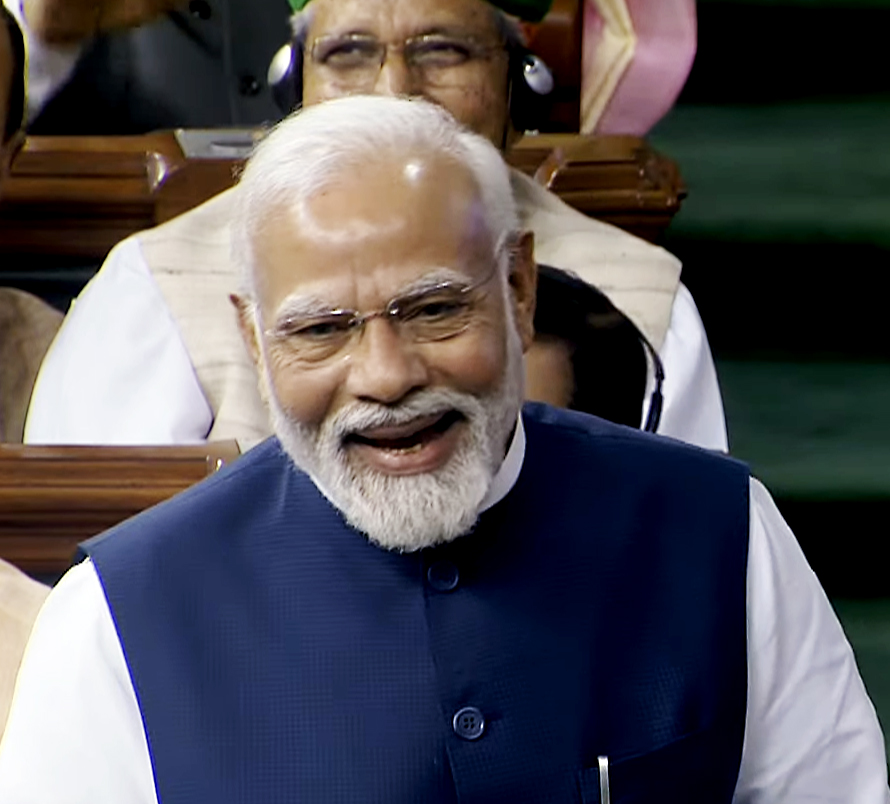
A Forgotten Colossal Blunder of the Congress
Prime Minister Narendra Modi, while speaking on the no-confidence motion on Thursday in Lok Sabha, accused the Congress of India’s partition, claiming that the Indira Gandhi government ceded Katchatheevu Island to Sri Lanka in 1974.
The island, which is located between Rameswaram (India) and Sri Lanka, has historically been used by both Sri Lankan and Indian fishermen. Under the “Indo-Sri Lankan Maritime Agreement” signed in 1974, then-prime minister Indira Gandhi recognized Katchatheevu as Sri Lankan territory.
The Prime Minister stated in his speech that “These people divided mother India into three parts for politics,” launching a blistering attack on the Congress party. He also questioned Rahul Gandhi “Wasn’t that part of Maa Bharati there?” in an apparent response to Gandhi’s remark during the debate on Wednesday.
PM also revealed that the the DMK government in Tamil Nadu continues to write to him pleading with him to return Katchatheevu to India.
Earlier, the Chief Minister of Tamil Nadu M.K. Stalin has written to Prime Minister Narendra Modi ahead of Sri Lankan President Ranil Wickremesinghe’s visit to New Delhi, asking him to raise two broad issues as: the retrieval of Katchatheevu and the aspirations of the Tamil-speaking people in the neighboring Island.
Later, a copy of the letter was distributed among the media. As per the media reports, in his letter, Mr. Stalin recalled the history of the Katchatheevu islet being ceded to Sri Lanka “without the State government’s consent” in 1974, claiming that it had deprived T.N. fisherman of their rights and negatively harmed their livelihoods. He also emphasized resolutions passed by the T.N. Assembly in support of Katchatheevu’s retrieval, emphasizing T.N.’s firm stand in this regard.
Amidst the talk of Katchatheevu, here we will provide you all the details that the reader needs to know about Katchatheevu and the controversy surrounding it, as well as the questions that you might be encountering and wondering about. So let’s start:
Katchatheevu is a small island in the Gulf of Mannar that is claimed by both India and Sri Lanka. The island is located approximately 10 kilometers off the coast of Rameswaram, India, and 20 kilometers off the coast of Mannar, Sri Lanka.
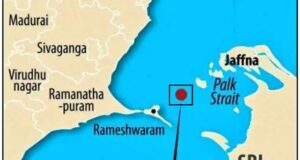
In 1974, India and Sri Lanka signed an agreement that ceded Katchatheevu to Sri Lanka. This agreement was controversial in India, and many Tamils believe that the island was illegally ceded.
To be more specific, between 1974-1976, then-Prime Minister Indira Gandhi signed a total of 4 Maritime Boundary Agreements with her counterpart, Sri Lankan President Srimavo Bandaranaike, and surrendered Katchatheevu Island to Sri Lanka. This deal was completed in 2 stages.
After Indira Gandhi signed the deal in Colombo on June 26 and Delhi on June 28, the 285-acre property, strategically crucial for fishing activity, was transferred to Sri Lanka. India has lost territory.
One reason for the accord is thought to be the relationship between then-Sri Lankan Prime Minister Sirimao Bandaranaike and Indira Gandhi. Bandaranaike was the world’s first woman to be elected Prime Minister of a country.

In recent years, there has been a growing demand in Tamil Nadu for the retrieval of Katchatheevu. In 2018, the Chief Minister of Tamil Nadu, M.K. Stalin, wrote to the Prime Minister of India, Narendra Modi, requesting him to raise the issue with the Sri Lankan government.
The Sri Lankan government has repeatedly stated that it is not willing to discuss the issue of Katchatheevu. However, the demand for the retrieval of Katchatheevu is likely to continue in Tamil Nadu.
For a long time, Indian and Sri Lankan fishermen have fished in the same waters without incident. This dissatisfaction arose when Indira Gandhi signed the agreements in 1974-76.
India owned the 285 acres of green cover until 1976. Indian fishermen no longer have the right to engage in fishing activities in the region. The island, about 10 miles northeast of Rameshwaram, was utilized by Indian fisherman to dry their nets, catch fish, and rest.
Frequent border arrests have increased, and Sri Lankan authorities have stated that they are safeguarding their marine borders from poaching while also ensuring the livelihood of Sri Lankan fisherman. Both parties agree not to use force under any circumstances. However, the violent scenario has not changed.

